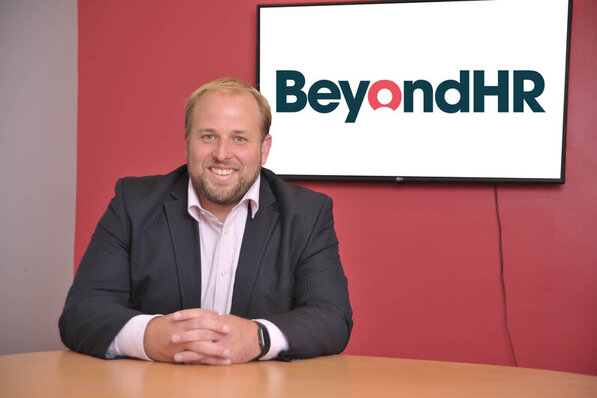By Neil McLeese, CEO at BeyondHR
In July 2020, the HMRC published figures which revealed that in excess of 240,000 workers in Northern Ireland had been furloughed under the Job Retention Scheme. To give that some context, 240,000 workers equates to approximately 20% of Northern Ireland’s working age population (16 – 64 years old), employers will need to manage returning employees effectively.
With the Government’s job retention scheme winding down to its conclusion on 31st October 2020 it is a good time to think about how to welcome back employees that have been out of the business for a prolonged period due to Covid-19.
For some, returning to work after a 2-week holiday can leave us with Sunday night terror. So, for those coming back after months of furlough it is likely to be a challenging and uncertain time. This can be especially true for those who are not physically returning to their workplace but are working from home, perhaps for the first time in their careers.
It is safe to say that, coming into 2020, most business owners’ plans would have been focused on business growth or dealing with the potential impact of Brexit. All of that will, largely, have been turned on its head by Covid-19. Many employees, returning to work at this time, are likely to be ‘out of the loop’ both in terms of understanding the company position but also in terms of their own roles.
Training returning employees
If they are to be effective it is vital that returning colleagues are brought up to date with changes to the business objectives and their services and the knock-on effect these have on their roles. Managers and leaders will also need to consider the practical operational changes that have occurred and provide the appropriate training and support to their returning team members.
The training / support will range from advising on the new safety procedures that are in place (e.g. is PPE required, social distancing requirements), the new ways of working that have been introduced (e.g. video conferencing instead of face to face meetings) to the new communication methods. With these changes can come technological challenges that have to be overcome i.e. does everyone have access to the relevant technology if they are working from home as well as the skills to use it.
Any amendments to company policies and procedures as a result of Covid-19 also should be communicated to returning employees, e.g. the policy on what an employee should do if they develop symptoms.
Aside from the practicalities of returning to a changed work environment, it is worth being aware of some intangible issues which may need to be addressed through a mini onboarding process.
Some furloughed employees may feel resentful that they were placed on furlough. Some may be fearful for their job security, particularly where an employer has been able to operate effectively without them for a prolonged period. Whilst managers may not be able to guarantee job security at this time, it is important that they discuss employees feelings and try to alleviate, where possible, any concerns they may have.
For those employees who have worked throughout the current crisis, they may have feelings of resentment towards employees who have been furloughed as they may view it as an extended paid ‘holiday’. Therefore, it is important that managers are sensitive to any underlying tensions and are equipped to proactively deal with those issues.
We all know that employees that are fearful, disgruntled or disengaged are not likely to perform to their best which, ultimately, will have a negative effect on the business. Effective communication from management is vital to alleviating concerns or fears as well as re-engage the employees with the business and their role. We feel it is also important to try and a develop an inclusive culture to re-establish a sense of belonging and good working relationships.
Some practical examples we have seen over the past month focus on virtual team get-togethers designed to bring team members back in touch with each other on a regular basis. These initiatives have ranged from virtual lunches, in which team members all have lunch together via video conferencing, to virtual table quizzes.
We understand that, at the best of times, managers are busy and that onboarding returning employees may be something that is seen as non-essential. However, when you consider the business risks of having misinformed or disengaged employees returning to work as well as the potential for future disputes we believe on-boarding returning employees is time well spent.

